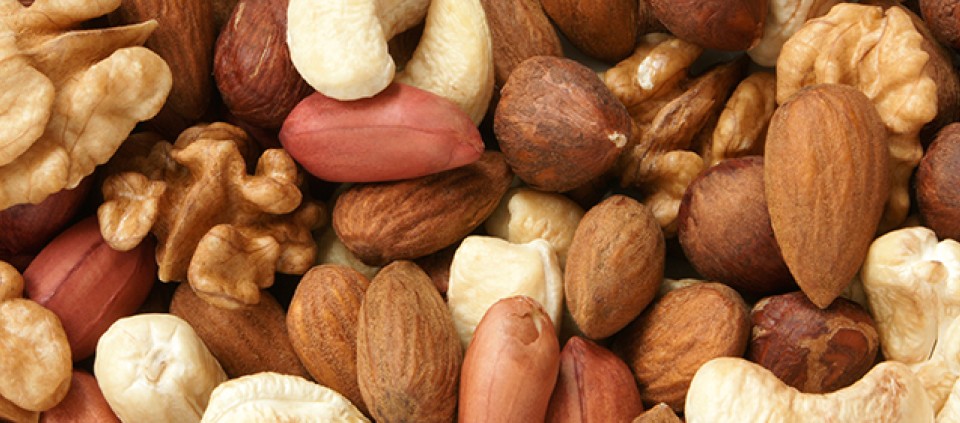The Case for Low Carbs and High Fats: A Q&A with David Perlmutter, MD

David Perlmutter, MD, is a board-certified neurologist and author of the New York Times best-seller Grain Brain, which maintains that even healthy carbs like whole grains can cause dementia, ADHD, anxiety, chronic headaches, depression, and other illnesses. He answered our questions about his controversial outlook on healthy eating.
Is there adequate independent research at present to prove that a gluten-free, low-carbohydrate diet is healthy? What is the most compelling evidence you’ve come across?
Perhaps the best argument would be human history. We have survived and flourished for more than two million years on a low-carb, essentially gluten-free diet. Peer-reviewed literature confirms that a low-fat diet, which by default will be higher in carbs, is strongly associated with increased risk for heart disease, cancer, and dementia. Gluten-containing foods, aside from increasing inflammation, are significant sources of carbohydrates. When comparing low-fat to low-carb diets in terms of their effects on a variety of health parameters, the New England Journal of Medicine demonstrated the aggressive superiority of a higher-fat, lower-carb diet across the board. As it relates to brain health, the Mayo Clinic, publishing in the Journal of Alzheimer’s Disease, showed that the standard high-carb Western diet was associated with an 89 percent increased risk for dementia, while the high-fat, low-carb approach correlated with a decreased dementia risk of 44 percent.
Humans have been eating gluten pretty much ever since we began planting and harvesting crops. Are gluten-containing products worse for us than they used to be in the past, perhaps because flour is often bleached now?
It’s not the bleaching that’s the biggest threat in terms of wheat products, it’s the aggressive hybridization to increase the gluten content that has occurred over the past several decades. Harvard researchers have found that gluten can enhance inflammation in the human body, and inflammation is the cornerstone of our most dreaded degenerative diseases, including Alzheimer’s, heart disease, cancer, and autoimmune disorders.
You are a proponent of a high-fat diet. What about animal fats?
By and large, animal meat that is typically available today is dangerous and should be avoided. More than 90 percent of beef is derived from animals that have been fed grain, and grain feeding dramatically changes various qualities of the meat, including the type of fat it contains. These changes, including increasing the omega-6 fat content, create a food that is pro-inflammatory. And again, inflammation is the cornerstone of just about every disease you don’t want to get. Grass-fed beef is much lower in the worrisome omega-6 fats and higher in the healthful omega-3s, so it represents a potentially healthful choice.
Those choosing to avoid animal products need to be sure they have good sources of vitamins D and B12, as well as minerals like zinc, copper, and magnesium, as well as DHA, an omega 3 available as a supplement derived from marine algae, a vegetarian source. Generally, these dietary approaches approach tend to be lower in fat, so added olive oil and coconut oil as well as generous nuts and seeds will help bring a non-animal based diet into balance.
How big a role do genetics play in how what we eat affects us?
We are the product of a beautiful dance between our genes and our environment. Fortunately, our lifestyle choices are factored in to the latter. Food is more than fat, protein, carbs and vitamins—food is information. As such, it influences the actual expression of our genes from moment to moment, and this is a truly empowering notion.
© Kripalu Center for Yoga & Health. All rights reserved. To request permission to reprint, please e-mail editor@kripalu.org.